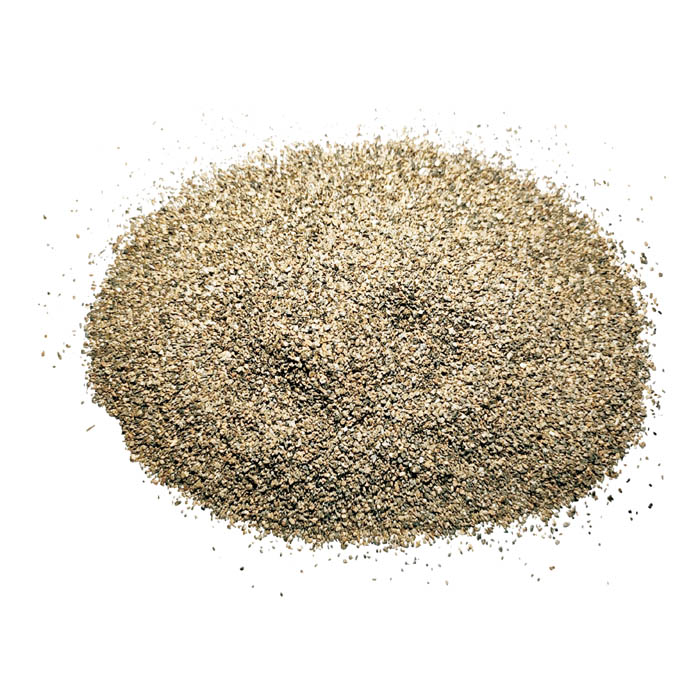Jan . 06, 2025 15:55 Back to list
carbon raiser
Carbon raisers, also known as carbon additives, play a pivotal role in the metallurgical industry, where precision and quality control are paramount. These products are engineered to enhance carbon levels in molten iron and steel, an essential step in achieving the desired chemical composition and physical properties of finished goods. As an experienced player in the market, understanding the nuances of carbon raisers can lead to optimizing your foundry operations, improving product quality, and ensuring operational cost-efficiency.

Carbon raisers are employed in various capacities depending on the nature of the base material and the specific requirements of the melting process. They are commonly used in the production of ductile iron, steelmaking, and other ferrous and non-ferrous alloy manufacturing. The selection of an appropriate carbon raiser is heavily dependent on factors like the sulfur and nitrogen content, adsorption properties, and the overall reactivity in the specific metallurgical process. It's imperative to choose a carbon raiser that aligns with the stringent specifications of your projects to avoid compromising the integrity of the final metal output.
Experts advocate for the use of high-quality carbon raisers due to their superior performance and lower impurities, which can drastically influence the consistency and efficiency of the melt. Synthetic graphite carbon raisers are, notably, acclaimed for their high carbon content and minimal impurities, making them an ideal choice for high-precision applications. Their uniform particle size and distribution contribute to a more controlled dissolution process, which minimizes fluctuations in carbon levels and enhances the overall quality of the cast iron or steel.

Incorporating carbon raisers into your metallurgical processes demands expertise and an authoritative understanding of the product's interaction with other elements in the melt. Renowned industry leaders have refined the use of carbon raisers to ensure they meet the rigorous demands of modern-day metallurgy. From setting the right addition rates to evaluating the absorption efficiency, meticulous attention to detail is key to maximizing the utility of carbon raisers.
Reliability and trustworthiness are also paramount when sourcing carbon raisers. Establishing relationships with credible suppliers who offer certified, consistent-quality products is essential for maintaining the credibility of your production. Seek suppliers with a track record of excellence and adherence to international quality standards. Conducting regular audits and assessments of their production processes can further reinforce the trust and reliability of the partnership.
In conclusion, carbon raisers are indispensable in achieving the desired carbon content in metal production. Their selection and application require a blend of technical expertise and practical experience. By focusing on high-quality products, understanding the intricacies of their use, and partnering with reputable suppliers, producers can ensure their metallurgical processes not only meet but exceed the high-quality standards set by the industry. As the challenges of modern manufacturing evolve, staying ahead with expertise in carbon raisers is a strategic advantage in delivering exceptional metal products.
-
Fe-C Composite Pellets for BOF: Enhance Steelmaking Efficiency
NewsAug.07,2025
-
Eco-Friendly Granule Covering Agent | Dust & Caking Control
NewsAug.06,2025
-
Fe-C Composite Pellets for BOF: High-Efficiency & Cost-Saving
NewsAug.05,2025
-
Premium Tundish Covering Agents Exporters | High Purity
NewsAug.04,2025
-
Fe-C Composite Pellets for BOF | Efficient & Economical
NewsAug.03,2025
-
Top Tundish Covering Agent Exporters | Premium Quality Solutions
NewsAug.02,2025
